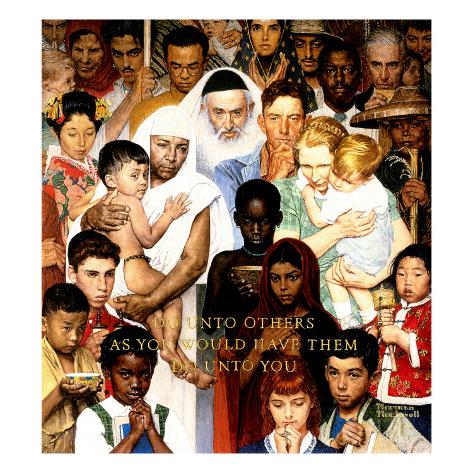Greetings.
This previous week in our Art Studies class with Doctor Luger we were able to make some serious connections with a wide variety of the literature, themes and scholars which we have covered in this course. Using scholars thoughts and theories and finding as lenses and applying them to literature inside and outside the field, finding similarities and connections is a satisfying feeling. From Juliana Spahr’s novel – This connection we everyone with lungs to Poems from Guantanamo, put together by lawyer and human rights activist Marc Falkoff, and Judith Butler’s writings on vulnerability. I find the more we as a class have read the richer and our classroom discussions have become. I do not intend on getting too side tracked from the main objective of this blog post, but I do have a thought that I would like to share. As the term is slowly coming to a close and we are creating proposals for final projects, I have begun to reflect on the coordinated program and its effectiveness. For a class like Art Studies which mainly deals with literature and academic writing, being with the same group of people and having the same professor for a year has been significantly beneficial. Being comfortable to share opinions and thoughts not only with peers but also your professor has created and catalyzed some seriously interesting and engaging discussions.
This week I would like to focus my blog post on Poems from Guantanamo a collection of 22 poems written by 17 detainees from the Guantanamo Bay detention center in Cuba. The poems in this book were certainly thought provoking and emotional to read, perhaps further complicated by the description found on the opposite page. The description included the name of the detainee/ poet along with an age, a sentence or so on their family/personal life (education or endeavors) with the remainder explaining the supposed reason for their detainment. Each explanation slightly differs in length, tone and content. As a reader I found it rather difficult to read the poem without the short bio significantly affecting my reception. However, it was the “Notes on Guantanamo Bay” written by the editor Marc Falkoff that caught my attention. This is not to say that the poems are not captivating, moving or emotionally provoking – they are, but rather I was greatly intrigued by Falkoff”s experience in getting these poems published.
On page 1, Falkoff talks about the “secret level security clearances from the FBI” they were given in 2004 to visit the detention center. He go es on to describe the atrocities and – in my opinion – various violations of fundamental human rights, from sexual humiliation to extreme forms of torture. But what really caught my attention was the last line – detainees, “forced to witness American soldiers intentionally mishandling the holy Qur’an”. I find it ever so fitting to include something which, in my grade 12 religion class was a significant area of study – The Golden rule, also known as the Ethics of Reciprocity. According to the Internet Encyclopedia of Philosophy, the Golden rule says to “Do unto others as you would have them do unto you.”
es on to describe the atrocities and – in my opinion – various violations of fundamental human rights, from sexual humiliation to extreme forms of torture. But what really caught my attention was the last line – detainees, “forced to witness American soldiers intentionally mishandling the holy Qur’an”. I find it ever so fitting to include something which, in my grade 12 religion class was a significant area of study – The Golden rule, also known as the Ethics of Reciprocity. According to the Internet Encyclopedia of Philosophy, the Golden rule says to “Do unto others as you would have them do unto you.”
This is such a basic concept.
You have heard it before.
Maybe in a different language or different wording.
I believe there is place and urgency for global mindfulness of the Golden Rule to be lived out in this world.